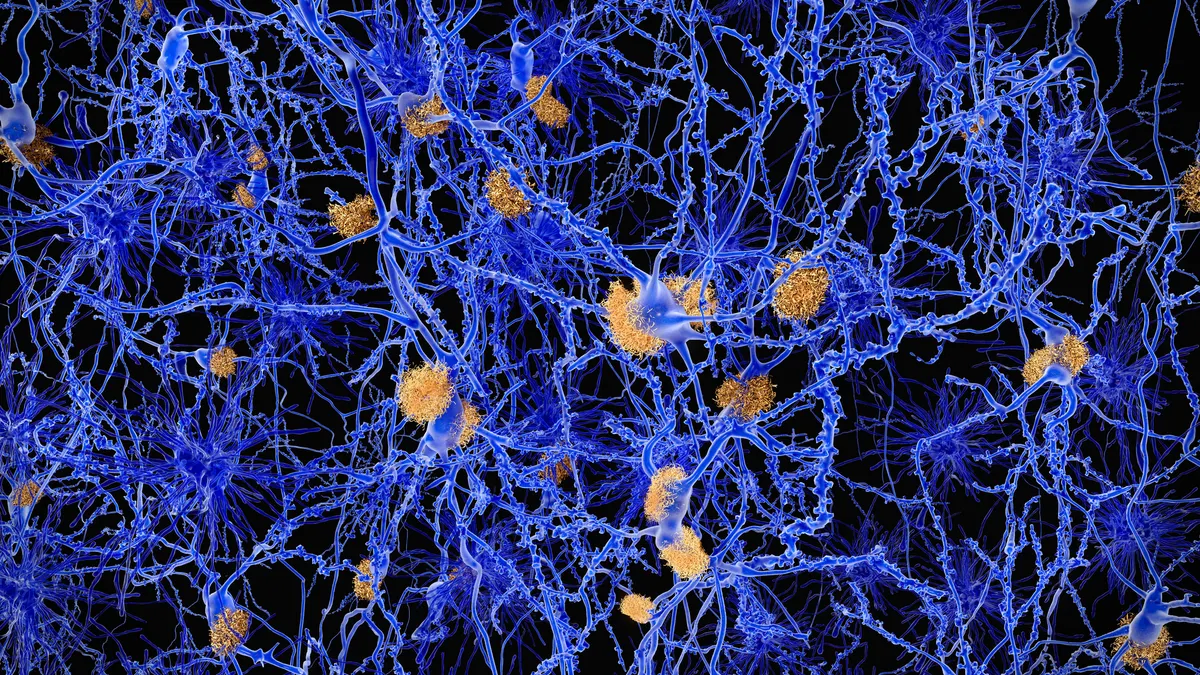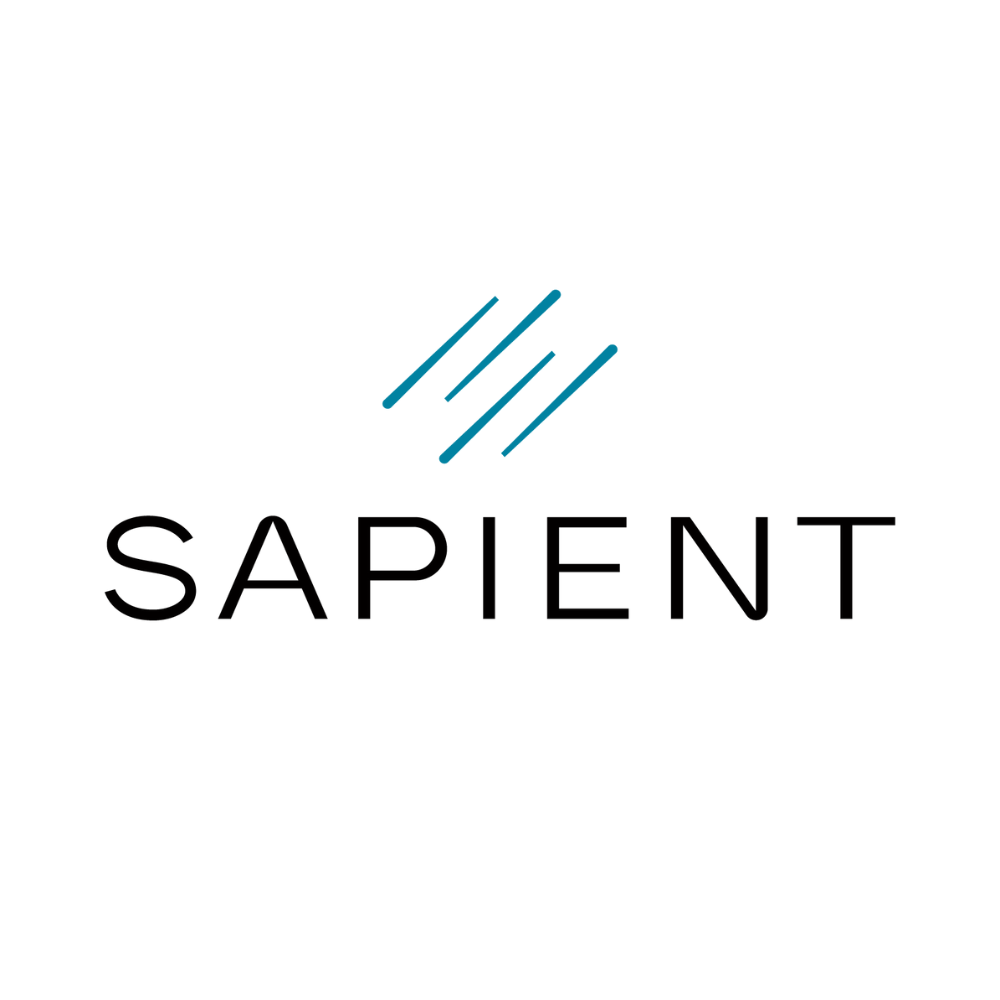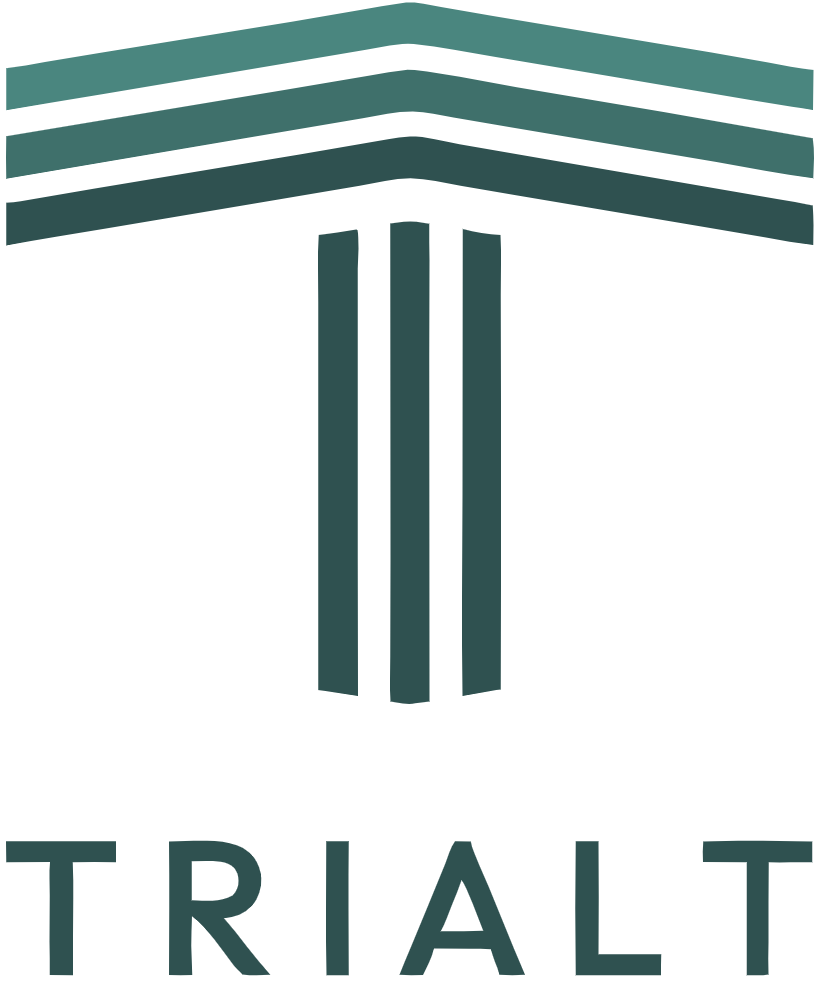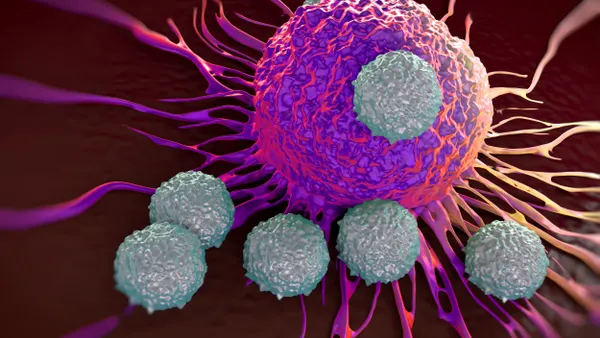Dive Brief:
- Athira Pharma, a small drugmaker focused on neuroscience, is looking into the different paths it could take to “maximizing stockholder value,” after the company’s most advanced experimental medicine flunked a key study.
- In early September, Athira disclosed high-level results from a clinical trial evaluating that medicine, known as fosgonimeton, in people with mild to moderate Alzheimer’s disease. The trial, which enrolled just north of 550 participants, found Athira’s drug was not significantly better than a placebo at slowing the cognitive and functional declines associated with Alzheimer’s.
- On Thursday, Athira disclosed that it has paused the development of fosgonimeton. The company has also tapped the investment firm Cantor Fitzgerald to serve as an advisory while it explores “strategic alternatives” and partnering options. Athira had nearly $69 million in cash, cash equivalents and investments at the end of September.
Dive Insight:
Founded in 2011 under the name M3 Biotechnology, Athira has been trying to develop small molecule drugs that help regenerate nerve cells and slow their erosion from diseases like Alzheimer’s and amyotrophic lateral sclerosis.
The company had raised $100 million by the time it went public in 2020, according to a database compiled by BioPharma Dive. In that initial public offering, Athira sold shares at $17 apiece and ultimately brought in another $204 million in funding. Its stock price has plummeted in the four years since, however, and currently trades for under $1.
Now, Athira is exploring strategic alternatives. The Washington-based drugmaker didn’t provide many details, but that process often results in a restructuring of research and business operations, or the sale of part or all of the company.
Athira’s research specifically revolves around hepatocyte growth factor, or HGF, a protein involved in protecting, growing and repairing brain cells. The company has three drugs designed to boost HGF that have entered human testing. One, dubbed ATH-1105, has become its top priority since the fosgonimeton failure.
Shortly after that setback, Athira disclosed plans to lay off around 70% of its workforce, which it estimated would save approximately $13.4 million in costs on an annualized basis. The company had 67 employees at the end of last year.
With the headcount reduction, plus other cost-containing measures, Athira estimated it will have enough cash to operate into early 2026.
Athira calls ATH-1105 a “next-generation” HGF promoter, and believes it could be a potential treatment for ALS and other neurodegenerative diseases. The company is wrapping up an early-stage trial that assessed multiple doses of the drug in healthy volunteers, and hopes to start dosing ALS patients next year.
Along with the strategic alternatives announcement, Athira reported third quarter earnings on Thursday. In the three-month period from July through September, the company recorded a net loss of almost $29 million.















